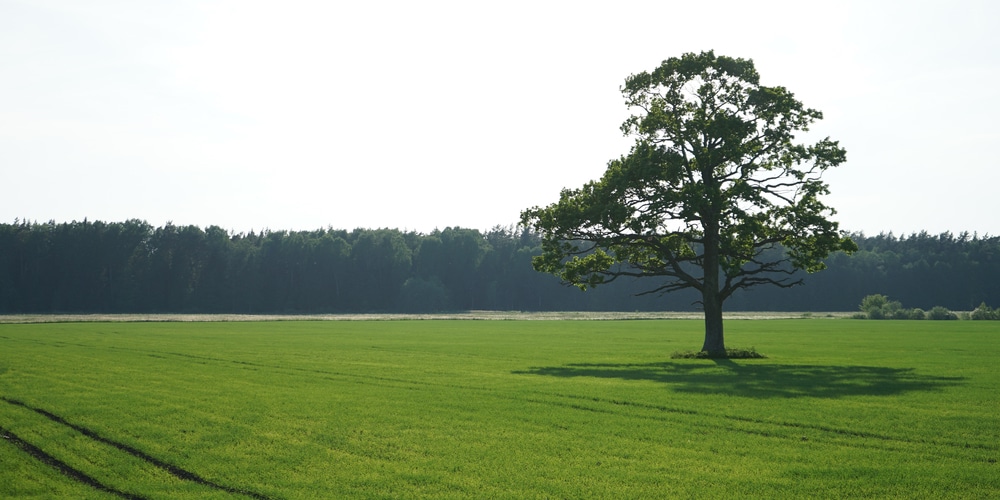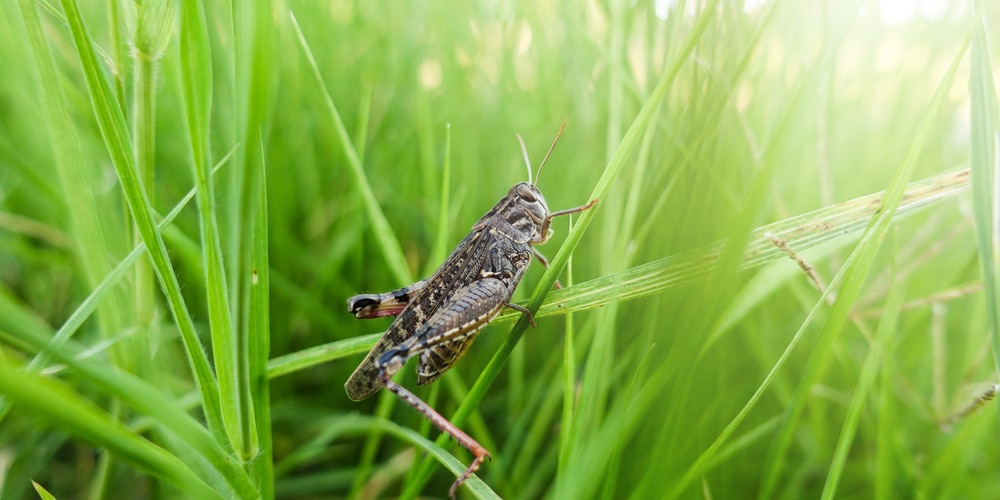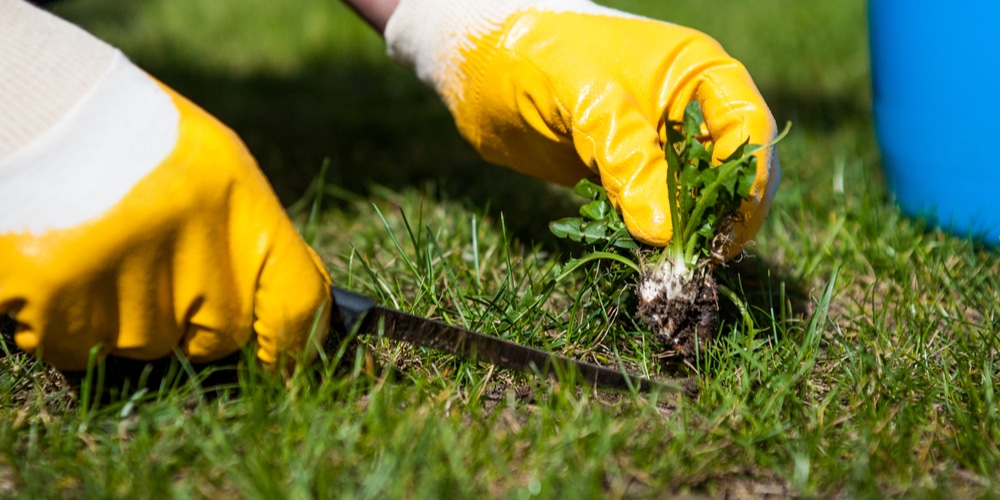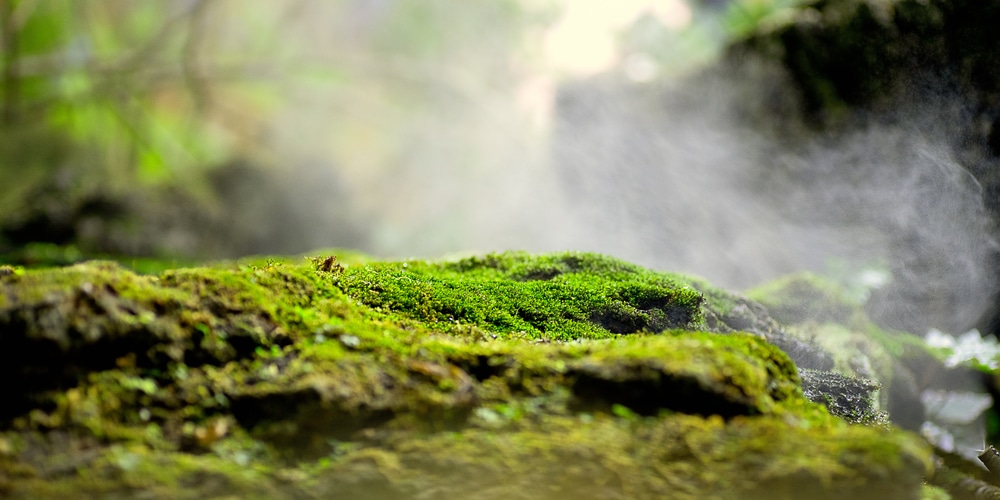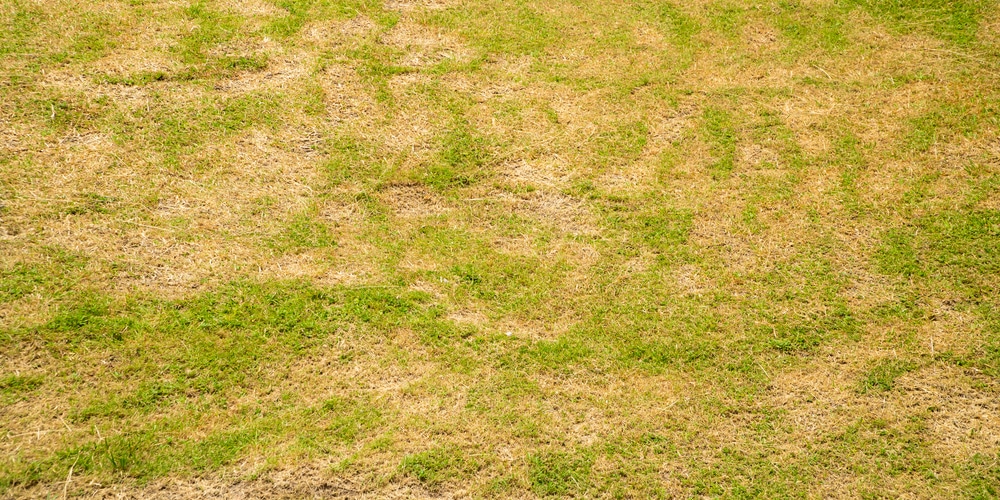Many gardeners use diluted dish soap in their yard to kill weeds, fungus or to get rid of pests or moss. Dish soap works as it contains chemicals that are harmful to weeds or insects. However, you may be wondering whether or not this is a good solution. Does dish soap kill grass?
Often soap brands such as Sunlight or Dawn are used to get rid of insects or weeds, but if they kill weeds, doesn’t that mean that they will also destroy the grass. While it may not be a good idea to spray soap all over your lawn, spot spraying can help get rid of hard to pull weeds, moss, or fungus.
Insect infestation can ruin your lawn. If you’re thinking about spraying dish soap on your grass to kill pests, read on. This article will answer the question, ‘does dish soap kill grass?’ We’ll also look at some DIY methods of getting rid of weeds and pests without killing your grass.
Will dish soap kill my grass?
Soap used to wash dishes is commonly used to kill insect pests with varying effects. You may have even heard that dish soap is good for your lawn and will help it to grow healthily. This is an urban myth.
The good news is that dish soaps won’t automatically kill your grass, but some brands may. Whether or not the soap kills grass will depend on its chemical constitution. Most dish soaps don’t contain harsh chemicals, as they are designed to wash dishes, and the manufacturer doesn’t want to poison people. This means the soap won’t kill your grass. Those with more powerful chemicals, such as sodium lauryl sulfate, will kill your lawn.
Diluted dish soap can be used on your lawn to kill harmful insects that are likely to damage your lawn. To make the solution, simply mix water, a squirt of liquid dish soap, and some vegetable oil together. This can then be sprayed on your lawn or on affected plants. It’s best to let the plants absorb the solution and then hose down your lawn an hour later.
Dish Soap Will Also Kill…
Insects
Dish soap is very effective as it will affect the defensive oils which are present on the outside of insects. This will cause them to dry out and eventually die. Dish soap works on insects because it’s designed to dissolve oily synthetic compounds such as oils and fats that are found in foods. It’s really great at doing this and can also dissolve oils present in insect shells.
Weeds
Dishwashing soap can also be used on weeds that are hard to get rid of. Unfortunately, the soap may have the same effect on grass. Dish soap should be used sparingly and applied only on weeds. It will turn the weeds brown and rapidly kill them. Here’s our full writeup on weeds that look like grass.
Moss
Some people also use dish soap to get rid of moss from their lawn. This works very well if you spot treat affected areas of your lawn. You’ll then be left with a patchy lawn and will then need to overseed to get your yard looking healthy and green again.
Fungus
Dish soap can also be used to kill fungus on your lawn. A liquid soap and water solution can help dry out fungus if used as a spot treatment. Ensure that you only apply the solution to the fungus, or you may end up killing your grass. If you do have fungus on your yard, check out our full writup on why is my yard turning yellow?
Dish soap Containing Sodium Lauryl Sulphate
It’s best to avoid using dish soap that contains Sodium Lauryl Sulphate on your lawn. Soap with this chemical as the main active ingredient is more likely to kill your grass or plants than soap containing potassium hydroxide.
This chemical is potent and can break up oils and remove stains from your dishes. It will also have a similar effect on plants and will dry out your lawn and eventually kill the grass if used in large enough amounts.
Alternatives to Dish Soaps
Insecticidal soaps are also available; these pesticides can be safely used in your yard to kill pests. These types of insecticides work similarly to dish soap as they have been manufactured using a combination of sodium hydroxide and potassium hydroxide, which react with oils and fats to kill insects. The potassium will affect insects but has been designed to be gentle on grasses and plants.
Low-toxic pesticide soaps are also available, specifically targeting delicate insects such as spider mites, whiteflies, and aphids. The solution can be used to cover the insects and kills them by eliminating their wax. The soap will cause pests to shrivel and evaporate.
Soaps that have been specifically designed to be used on insect pests in the yard don’t contain synthetic substances that will affect your grass or plants. This makes them more effective and safer to use than dish soap. You may also check out apple cider vinegar, which does a pretty good job of killing weedds.
Insecticides and pesticides have also been designed specially to attach insects with wax skins and won’t hurt larger, beneficial insects such as honeybees or ladybugs.
Organic pesticides
There are also many organic insecticides on the market, such as neem oil which can be used to control insects successfully. Organic products are always best when caring for your lawn as chemicals can get into the water supply and cause pollution.
Conclusion
Many different DIY ideas allow you to make insecticides using items that you already have in your home, such as dish soap. Some of these solutions work, while others have limited success, and some may even kill your grass. Most dish soaps also have added ingredients that make them smell nice and allow them to foam. Obviously, you don’t need these ingredients to kill pests or get rid of weeds or fungus. The coloring and scents aren’t organic and may cause a reaction with your grass.
It’s best to use insecticidal soap as these have been specifically designed to eliminate insect infestations. Some dish soaps are phytotoxic to plants and will kill grass, whereas insecticides have been designed to be harmless to grass.
